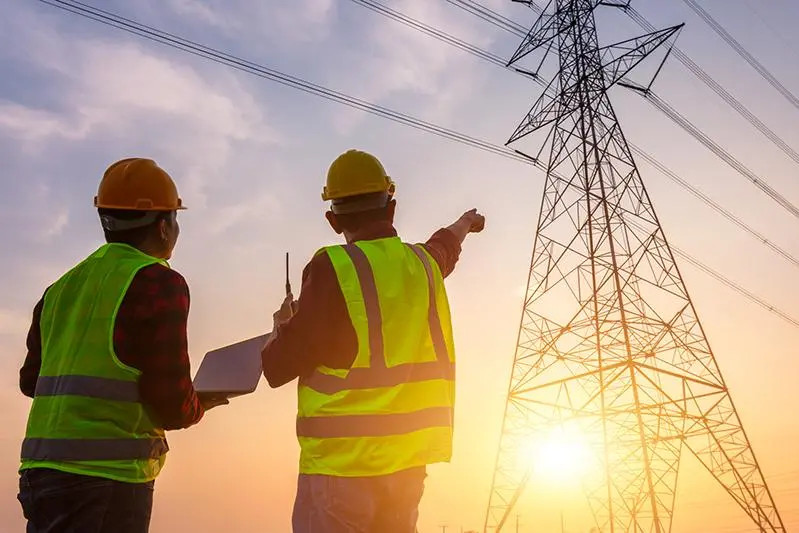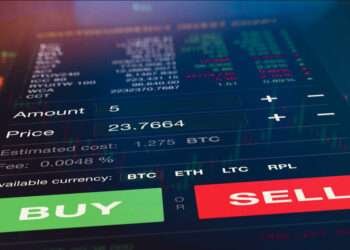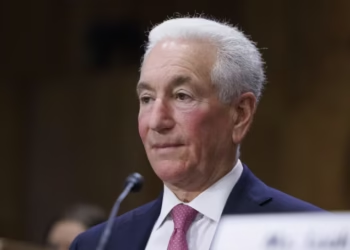The International Energy Agency (IEA) has issued a stark warning about the fragility of global energy security, highlighting the persistent risks of supply shocks and the need for urgent action.
Speaking ahead of a high-profile political gathering in London, IEA Chief Fatih Birol emphasized that the lessons from the Ukraine crisis remain largely unheeded, posing significant challenges to the stability of energy markets worldwide.
“Despite these golden rules, Europe and the UK have struggled to ensure their energy supply security, suggesting the three are easier said than done.”
IEA Chief Fatih Birol
He also pointed to the disruptive impact of former U.S. President Donald Trump’s tariff policies, which have strained international cooperation—the third golden rule.
This week, political leaders and energy industry representatives are gathering in London to discuss strategies for bolstering energy security.
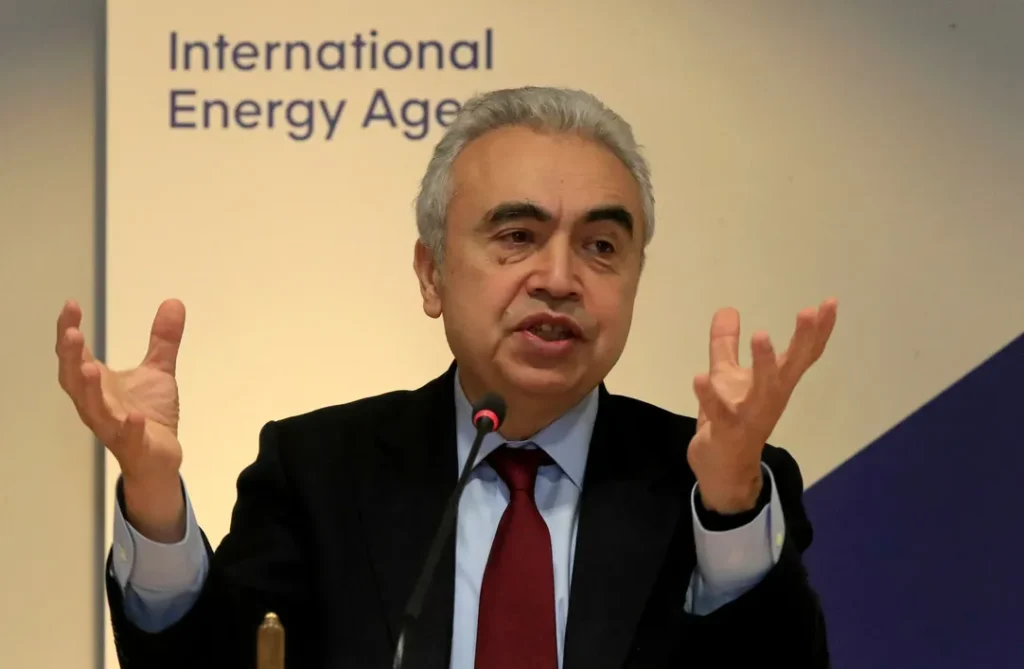
The event, co-organized by the IEA and the British government, has attracted a diverse array of participants, including oil and gas majors such as Shell, BP, ExxonMobil, TotalEnergies, Eni, and Equinor.
Alternative energy producers, including Danish wind turbine leaders Ørsted and Vestas, as well as power suppliers like French EDF, Italian Enel, and British Octopus, are also in attendance.
“We are going to look at traditional energy security risks, such as [the loss] of oil and gas, but also emerging risks such as supply chain [disruption] and [the loss of] critical minerals.”
IEA Chief Fatih Birol
One of the key topics on the agenda is the role of critical minerals in ensuring energy security. These minerals are essential for the production of renewable energy technologies, such as wind turbines and solar panels, as well as for electric vehicles.
However, supply chain disruptions and geopolitical tensions have raised concerns about their availability.
Notably absent from the London gathering are Chinese companies, which play a dominant role in the global critical minerals market. “We invited China, but unfortunately they were not able to accept due to calendar reasons,” Birol said.
Despite this absence, he expressed optimism about the event’s impact.
“The countries attending the meeting make up three-quarters of the world’s GDP, which in my view is not bad at all.”
IEA Chief Fatih Birol
Global Energy Security Action Needed
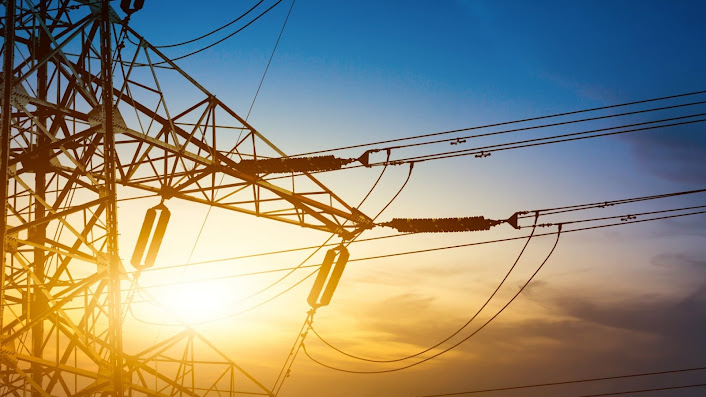
Birol stressed that the ongoing energy crisis triggered by the Ukraine conflict underscores the importance of adhering to the three golden rules. The war has exposed vulnerabilities in Europe’s energy supply chain, particularly its reliance on Russian oil and gas.
Diversification efforts, such as increasing imports from other regions and investing in renewable energy, have gained momentum but remain insufficient to fully address the risks.
Birol warned, “The lessons from Ukraine have not yet been fully understood,” urging policymakers to prioritize energy security in their decision-making processes.
As the London gathering unfolds, stakeholders are expected to explore both immediate and long-term solutions to the energy security challenges.
Discussions will likely focus on enhancing supply chain resilience, accelerating the transition to renewable energy, and fostering international collaboration.

The absence of Chinese companies highlights the complexities of global cooperation, particularly in the context of geopolitical rivalries.
However, the presence of major energy players and policymakers provides an opportunity to make meaningful progress.
The IEA’s warning serves as a wake-up call for governments and industry leaders to address the vulnerabilities in the global energy system.
With energy security risks showing no signs of abating, the need for diversification, political stability, and cooperation has never been more urgent.
As Birol aptly noted, “We wish everybody was at the table,” underscoring the importance of inclusive dialogue in tackling one of the most pressing challenges of our time.
READ ALSO: Government Accused of “Potentially” Harming Economy with New Mining Policies

